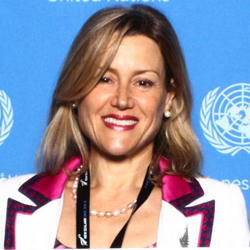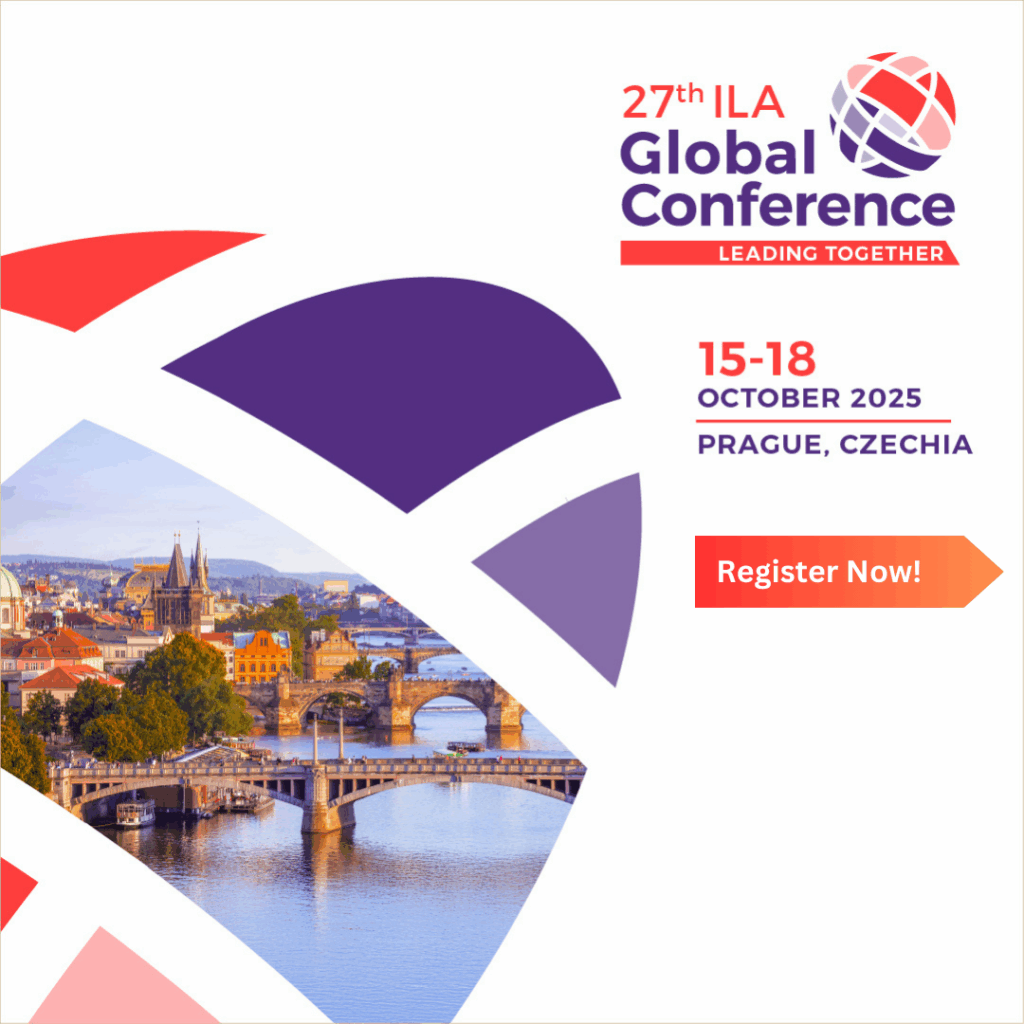
by Amanda Ellis
ASU Global Futures & Professor of Practice, Thunderbird School of Global Management, USA
13 April 2020
Share:
“Can you believe seven of our wonderful neighbors were in touch today to see if they could help us with a grocery shop?!” came my elderly mother’s voice over the phone from the bottom of the South Island in New Zealand. “The kindness and care people are showing during this coronavirus crisis is just amazing. Jacinda (NZ Prime Minister, Jacinda Ardern) keeps telling us we need to be kind to each other and stay in our bubble to help prevent the spread of the virus. It’s a pain, but she has communicated so well that we all understand what we need to do, and why: We need to stay home to save lives. When we see on the news what is going on in the rest of the world we feel so blessed to be in New Zealand.”
You’d be hard-pressed to find a New Zealander right now who doesn’t think Jacinda, as she is affectionately known, is doing a good job leading through the crisis and “squashing the curve” as the Washington Post put it.
Building Bridges
While the global headlines are full of frightening stories of the terrible strain on medical personnel and hospitals, the lack of COVID-19 testing kits, burgeoning conspiracy theories and finger-pointing, at the bottom of the Southern Hemisphere leadership wears a compassionate female face that is all about building bridges in times of crisis. You may surmise that Jacinda Ardern has had training in crisis management over the past year with the Christchurch mosque shootings and the volcanic eruption on White Island.
Jacinda became an international figure in the aftermath of the shooting that killed over 50 people during prayer time in a Christchurch mosque. She famously declared “they are us,” refusing to allow division on the basis of religion that might so readily have been exploited by another kind of leader. Images of Jacinda wearing a headscarf, clearly grief-stricken herself, and comforting those whose loved ones had been murdered, flashed across the international media. Her communication was very clear: while she both called for and exemplified compassion and kindness, she was clear that cooperation was expected as she swung into action to bring NZ legislators together to change gun laws (in just six days). These same leadership traits are in evidence in her management of the COVID-19 global pandemic.
Rewriting the Leadership Playbook
Jacinda Ardern is rewriting the leadership playbook we need for the 21st century. Instead of exploiting division as a political strategy, she focuses on building bridges, leading a cooperative approach with kindness and compassion. Rather than wield position power, she communicates in a clear and very down to earth manner on social media, eschewing the kind of sensationalism that other male leaders have embraced. In direct contrast to those who have misled their citizens with their own personal perspectives, Jacinda has gone to great lengths to help everyone – including children – understand the science. She exhibits genuine empathy, compassion, and kindness, described by one of my New Zealand friends as “making all of us feel we’re on the same team, that we need to cooperate no matter what our political views.”
Citizens are expected to do their part, too. If they don’t – even when it is the Minister of Health cycling outside his allowed zip code – there are consequences. Jacinda’s leadership style is supportive and compassionate, but the rules are clearly articulated: cooperation is expected. It is a refreshing new paradigm that contrasts with the worrying rise in authoritarian leadership styles we see so many male leaders exemplify today.
In direct contrast to those who have misled their citizens with their own personal perspectives, Jacinda has gone to great lengths to help everyone – including children – understand the science.
Where Are All The Women?
Much has been written about gender differences in the leadership literature. Research published in HBR points out women score “at a statistically significantly higher level than men” in most leadership skills, including initiative, resilience and drive for results. Yet perplexingly women have not been widely perceived as suitable for leadership roles. Sheryl Sandberg’s 2010 TED Talk, “Why Too Few Women Are Leaders,” now boasts over 10 million views.
Jacinda is not only one of the youngest people currently leading a country, but also among only seven percent women leaders globally. (It is worth noting that others in that tiny cohort – leaders from Denmark, Norway, and Taiwan for example – are also remarkable for similar approaches to managing COVID-19). There are very few women in senior leadership roles in the private sector, too, with only around six percent of women at the top of corporate enterprises. Shockingly, a third of companies globally still have no women at all on their boards and only four percent of Parliaments have reached gender parity. Despite the “diversity dividend” being widely accepted now, based on a growing number of studies, leadership still looks overwhelmingly male – and senior political leadership looks increasingly authoritarian.
In a time of COVID-19, when the global pandemic is throwing into stark relief the realities of our interconnected world (and one might argue this is just a fire drill for climate change but that is for another reflection!) – it is time indeed to change both traditional leadership paradigms and practice.
To echo Jacinda’s words as she spoke directly to all New Zealanders in a national broadcast: “Please be strong, be kind, and unite against COVID-19.”
Just the message my mum – and all of us – needs to hear.

Amanda Ellis is Executive Director, Global Partnerships for the ASU Global Futures Laboratory and co-chair for the ILA 2021 Conference in Geneva, Switzerland. She is former New Zealand Ambassador and Permanent Representative to the United Nations in Geneva (2013-16) and Prime Minister’s Special Envoy. An economist by training, Amanda held senior roles at the World Bank, the International Finance Corporation, and Westpac Banking Corporation. Amanda is a founding member of the Financial Alliance for Women and the recipient of the TIAW Lifetime Achievement Award for services to women’s economic empowerment.

